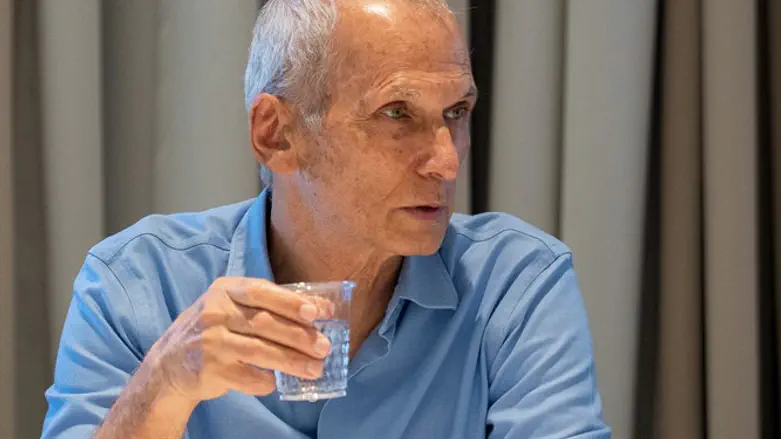
The Cabinet on Sunday approved the national multi-year plan to fight crime and violence in the Arab sector in 2022-2026.
The plan will be based on the following principles: Strengthening the chain of enforcement, including the necessary changes to legislation.
Emphasizing economic and integrated enforcement (alongside traditional criminal enforcement).
Increasing governance and local authorities' ability to deal with the issue.
Integrating 'soft' tools for treatment and prevention – focused on dealing with Arab youth who, over time, are not in regular employment, academic or professional training frameworks; educational responses; rehabilitative frameworks and strengthening community resilience
Increasing cooperation among ministries and close monitoring and control regarding implementation of the program
Among the goals of the plan are: Dismantling criminal organizations; reducing crime and violence in the Arab sector and reducing the economic means at the disposal of criminal organizations; increasing the sense of personal security of Israeli citizens in general, and of residents of the Negev and Arab citizens and residents in particular; significantly reducing the number of illegal weapons held by citizens in the Arab sector; increasing the confidence of the Arab public in the law enforcement system; increasing the cooperation and partnership of representatives from the Arab sector, including Arab local council heads and the mayors of mixed cities, in implementing the plan; strengthening the Arab sector including community resilience in dealing with violence on the local level and condemning incidents of crime and violence.
The Cabinet decision on the plan to deal with crime and violence in the Arab sector is the largest multi-system decision that has been brought to the Cabinet in many years.
The plan will include – inter alia – action by the Public Security Ministry and the Israel Police alongside that coordinated action by the various ministries including legislation as well as the establishment of inter-ministerial teams that will convene and be responsible for focused action on problems such as weapons, economic crime, etc. This will be parallel to a six-month emergency operation led by Deputy Public Security Minister Yoav Segalovitz.
Prime Minister Naftali Bennett said at the start of the weekly Cabinet meeting, "We will approve the national plan to fight crime in the Arab sector, which, as we saw over the weekend, is permeating the entire country. The plan amounts to an additional NIS 2.5 billion. I wish success on this matter to all government ministries. This is not a one-sided task, this is not just a task of the government, but rather it is a common goal of the Israeli government together with the Arab public. The state will do its part, but the Arab street must be all in as well. It will not be easy, but we must succeed."
Public Security Minister Omer Barlev said, "The decision that we made today is unprecedented and indicates that it is clear to the entire government that the violence and the crime on the Arab street constitute a threat to the State of Israel. The crime families in the Arab sector are holding the Arab sector by the throat. While most of the operative burden will be laid at the feet of the Public Security Ministry, this decision involves the entire government via the many mechanisms we will establish for this important goal. This is a five-year plan but if the slowing down and reduction do not start to occur in 2022, they will not occur afterwards. Therefore, the test for us all will be in 2022 – and we will succeed."
